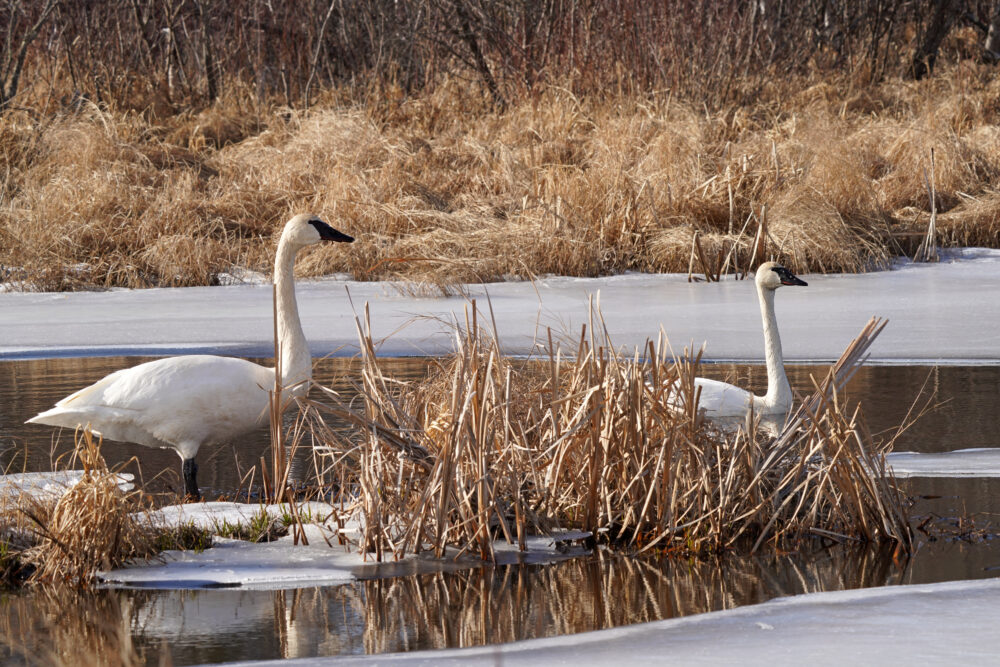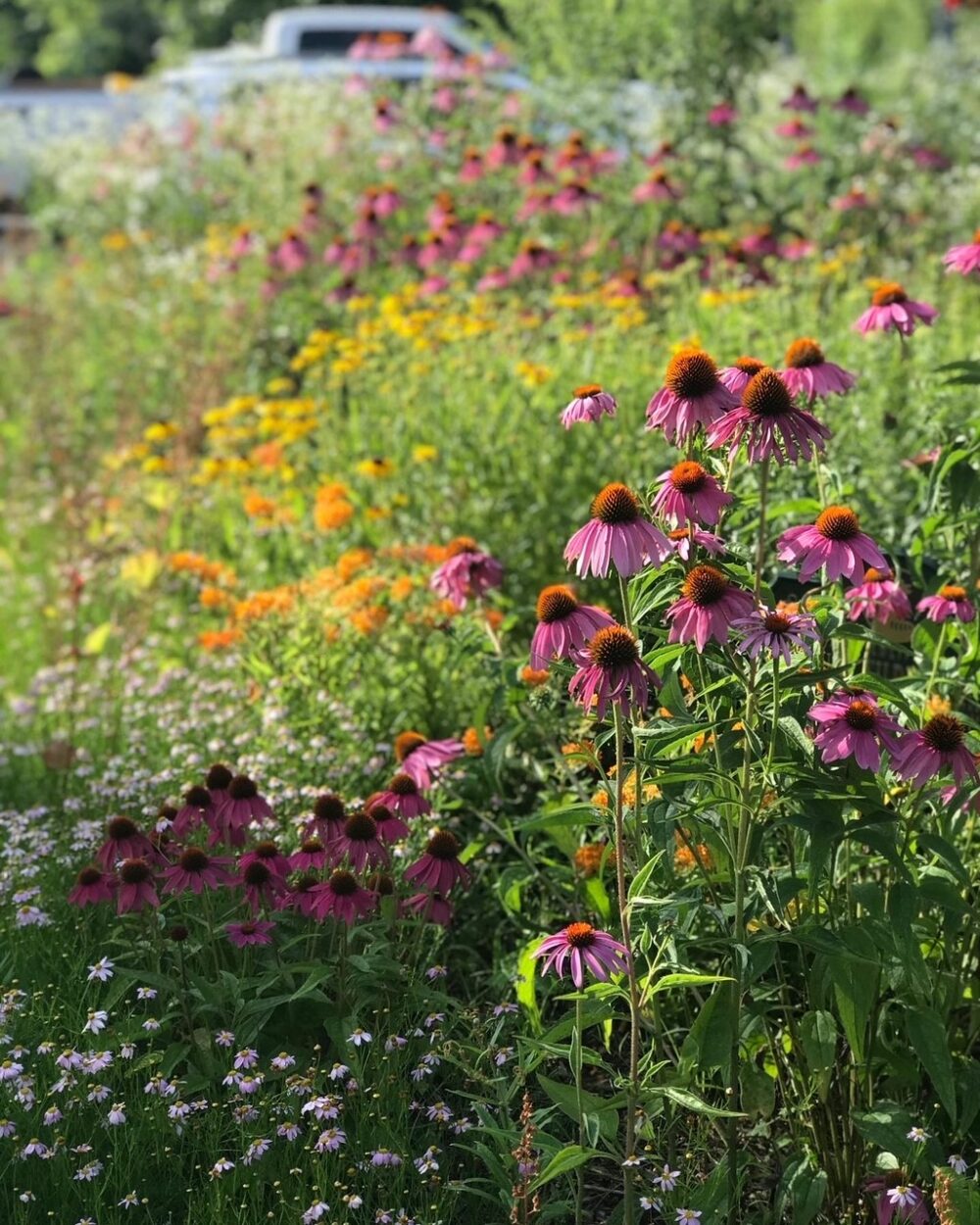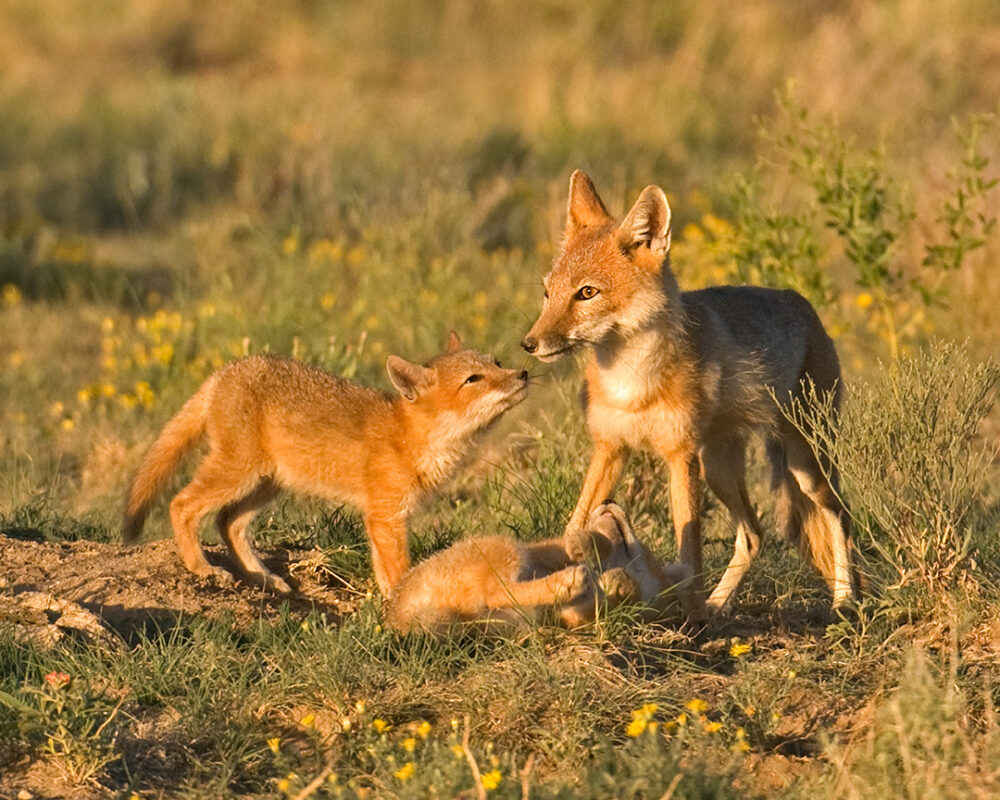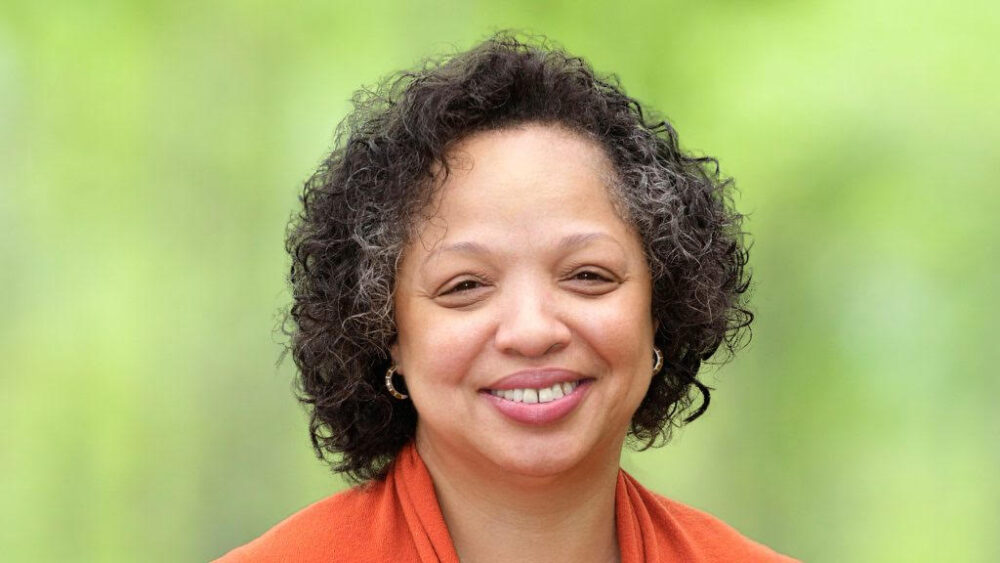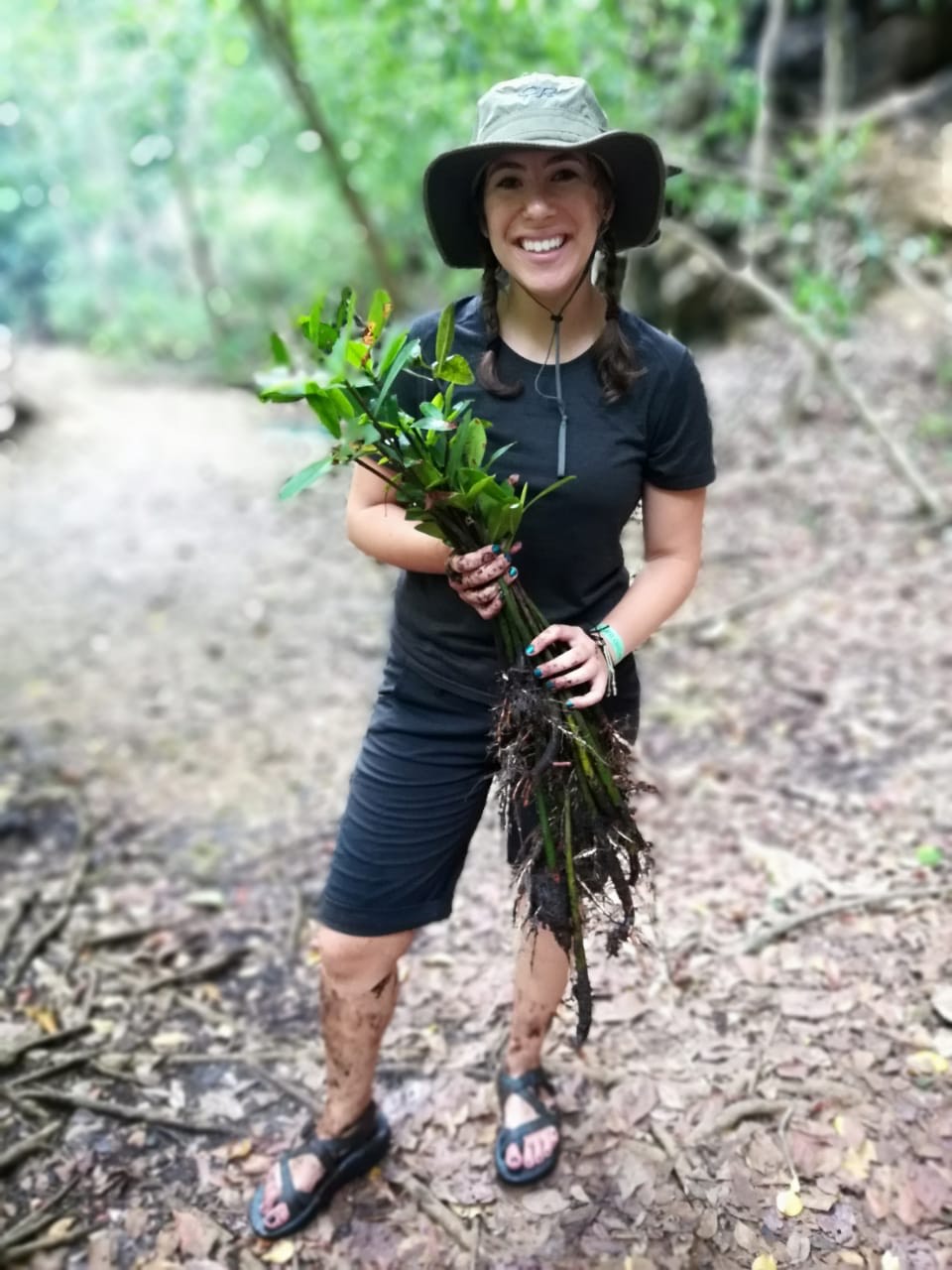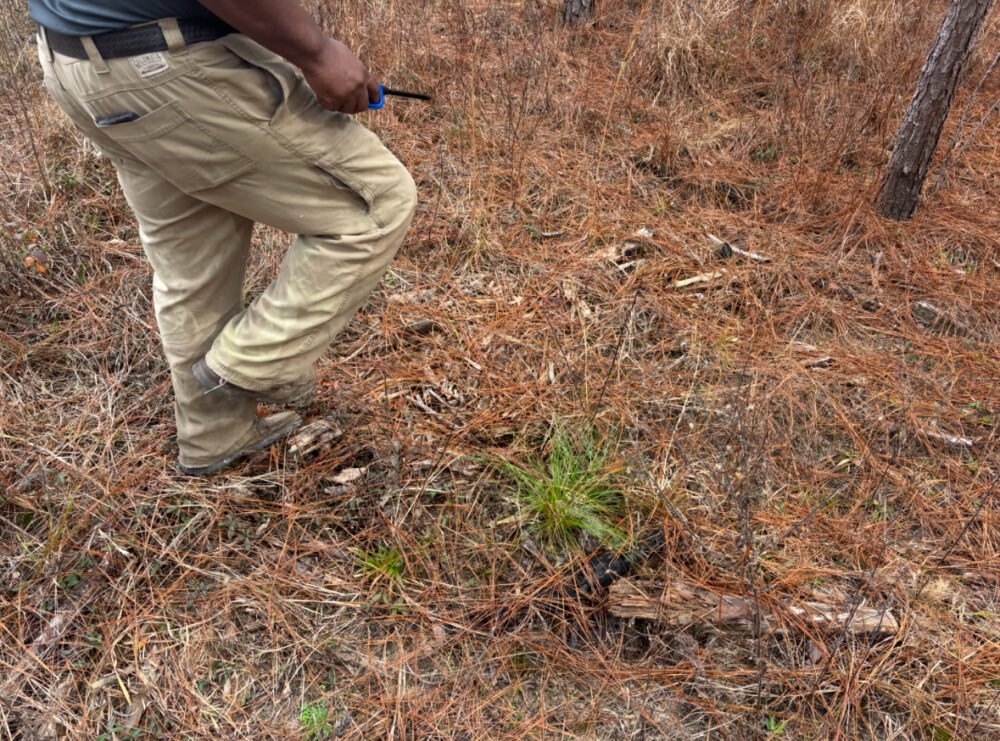We have much more to do and your continued support is needed now more than ever.
Tar Sands Vote in Maine Shows Communities Can Stand Up For Wildlife and Win Big
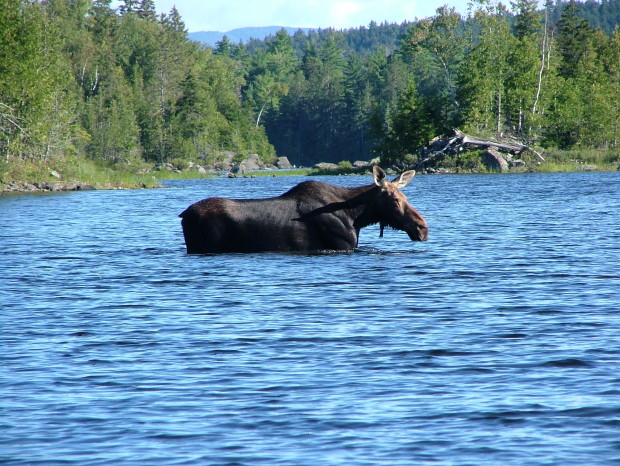
Based on overwhelming vocal public concern about the dangers of toxic tar sands to wildlife and the community, the City Council passed an ordinance that prevents the Portland Pipe Line Corporation or others from building the large, polluting smokestacks necessary to load any form of tar sands crude oil onto tankers in its beautiful coastal port.
Not only does this have big implications for every town along the 236-mile pipeline route through Maine, New Hampshire, Vermont and Quebec on the way to the Montreal terminal, it’s an exciting example of a community standing up to protect itself against a local threat, and winning against a big oil opponent.
National Wildlife Federation is extremely proud of the integral role that our affiliate, the Natural Resources Council of Maine, has played over the past few years.
We asked NRCM’s Clean Energy Director, Dylan Voorhees, what this vote means:
What did it take to make this happen?
Dylan: The core of the South Portland effort has been citizens working together. For them, tar sands is not an abstract, international issue—it’s a local matter of whether to allow a new heavy industrial use with acute local impacts, including toxic air pollution from new smokestacks on the waterfront. It’s been amazing to support this tremendous effort, and it will leave South Portland a stronger community, with strong and talented citizen leaders, for the challenges it faces now and in the future. It also took local elected officials having the courage and integrity to respond to the will of the people and guide the civic process that brought them to the vote last night.
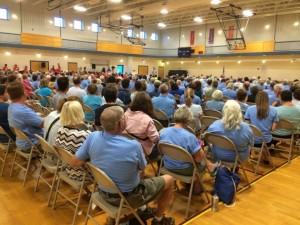
What does the vote in South Portland say nationally about the future of tar sands and tar sands projects?
Dylan: It’s a signal that tar sands projects are not inevitable, and that as communities become more aware of the specific and varying threats they could face, they can stand up for themselves in appropriate yet powerful ways and win.
What advice do you have for communities around the country who want to protect their communities from the local threats of tar sands projects?
Dylan: Work together, and be persistent. We couldn’t predict the path this effort took, nor was it ever easy. The people of South Portland recognized the threat to their air quality and to the scenic waterfront that is essential to their economy and quality of life, and they have worked tirelessly to bring the whole community into the discussion. The other side, the oil industry—largely the American Petroleum Institute—has used its vast resources to follow a standard playbook of lobbying and scare tactics. South Portland is showing New Englanders that a strong community can see through that smokescreen and place their health and prosperity first, and that’s a path communities in both the United States and Canada can follow.





